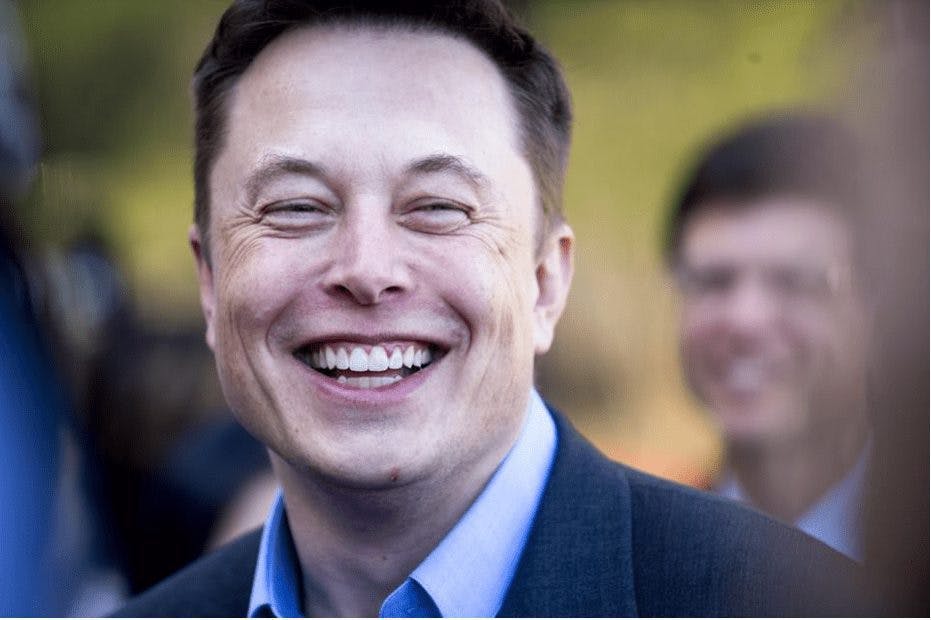Tesla Brings Bitcoin into Retail Reality
About 12 years after its inception bitcoin has had explosive growth as a commodity, but hasn’t excelled as a medium of exchange, despite it being designed for that purpose.

Tesla CEO Elon Musk.. (AP Photo/Noah Berger)
- Tesla’s website now specifies that bitcoin is the only cryptocurrency the company accepts and that the option is limited to US customers
- Despite bitcoin being around for over a decade, it hasn’t taken off as a medium of retail payment settlement as challenges persist
Tesla has turned on its bitcoin payment capabilities, CEO Elon Musk tweeted early Wednesday.
The company revealed last month in a regulatory filing that it bought $1.5 billion in bitcoin and that it planned to both accept the digital currency as payment for its electric cars and hold onto some of it.
The Tesla website now specifies that bitcoin is the only cryptocurrency the company accepts and that the option is limited to US customers, but that it’s considering expanding it to new markets someday.
As a car-maker, Tesla is not alone in accepting bitcoin. Gene Grant, Chairman and CEO of VRBex, a digital assets financial firm, said that there are a number of luxury car dealerships in the US that have accepted bitcoin for years. He told Blockworks that his firm has first-hand knowledge that these luxury car dealerships have millions of dollars in volume.
“It is our speculation that the increase in sales is a result of the sharp increase in the value of bitcoin rather than any benefit from the ease of bitcoin transaction,” he said. “In many instances the automobile purchasers required assistance navigating the steps necessary to pay the invoice. Several customers were scared off from proceeding with the transaction because of the requirement for KYC [Know Your Customer].”
About 12 years after its inception bitcoin has had explosive growth as a commodity, but hasn’t excelled as a medium of exchange, despite it being designed for that purpose.
Today, most merchants don’t accept bitcoin as a payment option. Part of this is because there’s no customer demand. For example, Overstock, an e-tailer that was an early adopter of bitcoin as a payment method, said the currency isn’t a huge revenue source for the company; of the $2 billion in revenue the company does yearly, an average of $1.5 million to $2.6 million a year comes from cryptocurrency, CEO Jonathan Johnson told the Seattle Times last month.
BitPay, the largest cryptocurrency payment processor said it facilitated $1 billion in transactions in 2019 with bitcoin being the most popular digital asset used for purchases. The most recent data from CoinMap says there are currently approximately 15,000 merchants taking bitcoin in 2020 with 2,300 of them in the US. Coinbase Commerce has processed approximately $200 million in payments for its nearly 8,000 merchants. Chainalysis reported that $4 billion in bitcoin went through payment processors in 2019.
But on average, all of these transactions are for items with a small, miniscule value compared to a Tesla vehicle which can range between $70,000 and $124,000.
Pat LaVecchia, CEO of Oasis Pro Markets, a marketplace and alternative trading system for digital securities, said if Tesla expands its digital asset payment options past bitcoin there could be more acceptance.
“It’s difficult to estimate how many people will purchase a Tesla with Bitcoin but it creates a whole new payment channel for Tesla that doesn’t involve a loan commitment from a lending institution,” he told Blockworks. “Potentially, if Tesla accepts stablecoins in addition to bitcoin, there is an opportunity for DeFi to be incorporated where crypto assets are not necessarily sold but rather borrowed and converted into stablecoin and could then be utilized for a purchase of a Tesla.”
While Tesla announced its intent to accept bitcoin for payment, PayPal had already announced similar intentions in October, allowing its 29 million merchants and 361 consumers to transact in cryptocurrencies. In February, Mastercard revealed plans to add “select cryptocurrencies” to its network.






